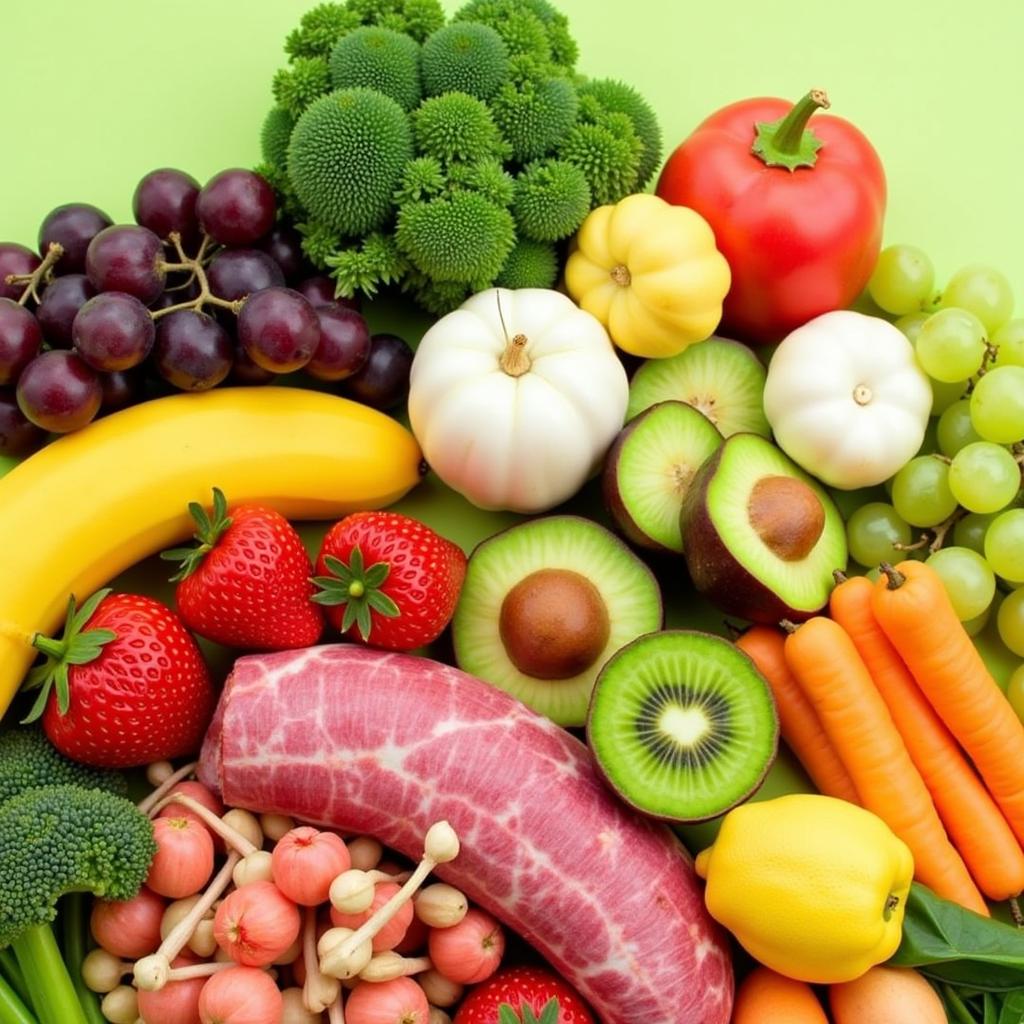African Grey Food for Sale: A Guide to Feeding Your Feathered Friend
African Greys are known for their intelligence, ability to mimic human speech, and playful personalities. They are highly social creatures that require a lot of attention and care. One of the most important aspects of caring for an African Grey is providing them with a balanced diet. This article will guide you through the essentials of African Grey food, covering what they need, what to avoid, and where to find the best options for sale.
Understanding African Grey Nutritional Needs
African Greys are primarily frugivores, meaning their natural diet consists of fruits, seeds, and nuts. In the wild, they have a varied diet that includes:
- Fruits: Mangos, papayas, figs, berries, bananas
- Seeds: Palm nuts, acacia seeds, and other wild seeds
- Nuts: Cashews, pecans, walnuts, macadamia nuts
- Flowers and Buds: They often supplement their diet with blossoms and buds for added nutrients.
- Insects: They occasionally snack on insects for extra protein.
However, when kept as pets, their diet needs careful attention. Here’s why:
- Limited Variety: The fruits, seeds, and nuts available in pet stores are limited compared to their wild counterparts.
- Nutritional Deficiencies: Commercial pellets, a common staple for African Greys, might not provide the full spectrum of vitamins and minerals they require.
- Obesity: Overfeeding can lead to obesity and health problems, especially if the diet lacks variety.
The Importance of a Balanced Diet
A balanced diet for your African Grey should include:
- Fresh Fruits and Vegetables: Offer a variety of fruits and vegetables daily. These provide essential vitamins, minerals, and antioxidants.
- Commercial Pellets: These serve as a base for their diet, providing a balanced source of nutrients. Choose high-quality pellets that are specifically formulated for African Greys.
- Seeds and Nuts: Offer a small portion of seeds and nuts daily as a treat. These are high in fat and should be given in moderation to prevent obesity.
- Occasional Treats: You can offer small amounts of healthy treats such as cooked rice, pasta, and small pieces of cooked lean meat.
- Supplements: Consult your veterinarian about the need for supplements, especially if you’re feeding a primarily home-cooked diet.
What to Avoid Feeding Your African Grey
While certain foods are essential, some are detrimental to your African Grey’s health:
- Avocado: Avocados contain persin, a toxin that can be fatal to birds.
- Chocolate: Chocolate contains theobromine, a stimulant that can be toxic to birds.
- Caffeine: Avoid caffeinated beverages like coffee, tea, and soda.
- Alcohol: Alcohol is highly toxic to birds and can cause severe illness or death.
- Salt: Excessive salt intake can lead to kidney problems.
- Processed Foods: Processed foods like chips, cookies, and candy are high in sugar, fat, and sodium, which are harmful to your bird.
- Dairy Products: African Greys cannot digest lactose.
- Raw Meat: Raw meat can contain bacteria harmful to birds.
- Toxic Plants: Keep your African Grey away from toxic plants, such as poinsettias, lilies, and daffodils.
Finding the Best African Grey Food for Sale
Finding the right food for your African Grey is essential for their health and well-being. Here are some places where you can find quality options for sale:
- Pet Stores: Reputable pet stores will carry a variety of high-quality commercial pellets, seeds, and nuts.
- Online Retailers: Websites dedicated to pet supplies offer a wide range of African Grey food, including organic and specialty options.
- Bird Breeders: Some bird breeders may offer food recommendations or even sell specific food items.
Frequently Asked Questions
Q: How often should I feed my African Grey?
A: Offer food several times a day, leaving food available for 2-3 hours at a time. This mimics their natural foraging behavior.
Q: Can I feed my African Grey a completely homemade diet?
A: It’s possible, but challenging to ensure your African Grey is getting all the nutrients it needs without professional guidance. Consult with a veterinarian or avian specialist for help with creating a balanced homemade diet.
Q: What should I do if my African Grey refuses to eat?
A: If your African Grey suddenly stops eating, consult with your veterinarian immediately. This could be a sign of illness or other problems.
Q: How can I encourage my African Grey to eat a variety of foods?
A: Offer small amounts of different foods at a time. Try different combinations of fruits, vegetables, and pellets to see what your bird enjoys. You can also offer new foods alongside familiar options to encourage exploration.
Q: Can I use human food scraps to feed my African Grey?
A: It’s best to avoid using human food scraps, as they may contain harmful ingredients, such as salt, sugar, or spices.
In Conclusion:
Providing your African Grey with the right diet is a critical part of responsible pet ownership. By offering a varied and balanced diet, you can ensure your feathered friend enjoys optimal health and longevity. Remember to consult with your veterinarian or an avian specialist for personalized advice on your African Grey’s dietary needs.

If you have any questions or need further assistance, please don’t hesitate to contact us. We are happy to help you ensure your African Grey has access to the best food available.
Contact Information:
Phone: +255768904061
Email: kaka.mag@gmail.com
Address: Mbarali DC Mawindi, Kangaga, Tanzania.
We have a dedicated team of experts available 24/7 to answer your questions and provide support.
